Commercial Property Insurance
Business property insurance helps cover the cost of repairing or replacing stolen, lost, or damaged property. It protects your physical location and essential assets like equipment, ensuring your business can recover quickly.
Choose the right coverage from trusted insurance providers.


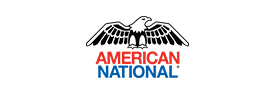

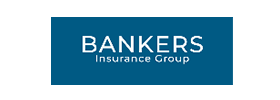

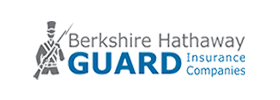









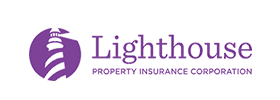





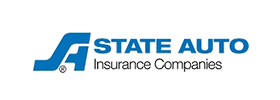
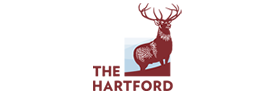



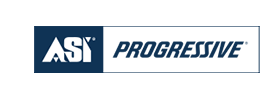

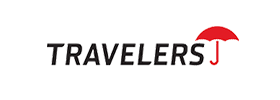

Why is commercial property insurance important for small businesses?

Running a business comes with risks, especially if you own or rent a physical space. Commercial property insurance helps protect your business from unexpected damages, such as fires, water leaks, or theft.
This insurance provides financial protection for:
- Inventory – Covers loss or damage to stock.
- Furniture and Fixtures – Includes desks, shelves, and decor.
- Electronics – Protects computers, printers, and other devices.
- Tools and Equipment – Covers essential business machinery.
- Structural Damage – Pays for broken windows, walls, and repairs.
- Lost Income – If business interruption insurance is included, it helps cover revenue loss due to property damage.
Businesses that purchase a policy typically:
- Have products or inventory
- Own or rent a building, store, or office
- Depend on other valuable business assets
- Own or rent expensive equipment or tools
Additional Coverages to Consider
Protect your business from unexpected risks with these essential coverages:
General Liability Insurance
fCovers customer injuries, property damage, and advertising claims. Helps with legal costs and is often required for leases and contracts.
Under this plan
Customer injuries
Business interruption incidents
Accidental damage to customer property
Business Owner’s Policy (BOP)
Bundles general liability and commercial property insurance for cost-effective protection against property damage and liability claims.
Under this plan
Customer injuries
Business interruption incidents
Accidental damage to customer property
Workers’ Compensation Insurance
Covers medical expenses and lost wages for work-related injuries or illnesses. Required in most states for businesses with employees.
Under this plan
Employee medical expenses
Disability benefits
Workplace injury lawsuits
Commercial Auto Insurance
Protects business vehicles by covering accident-related legal costs, medical bills, and property damage.
Under this plan
Car accidents
Vandalism and theft
Weather damage
What Does Commercial Property Insurance Cover?
Commercial property insurance protects both your business’s physical space and the valuable assets inside it. If your property gets damaged, stolen, or destroyed, this coverage helps pay for repairs or replacements.
Your business relies on expensive equipment and essential items to operate smoothly. With this insurance, you can recover from unexpected incidents like fires, theft, or vandalism.
What’s Included in the Coverage?
Business-Owned Building
Protects your building from fire, vandalism, and other damage. If you don’t own a building, you can opt for Business Personal Property (BPP) coverage instead.
Computers & Electronics
Covers the cost of repairing or replacing damaged devices like computers, tablets, and smartphones. For data loss, you may need additional electronic data processing insurance.
Furniture & Fixtures
Safeguards desks, chairs, shelves, and other office furniture inside your business space.
Supplies & Equipment
Helps replace or repair essential business supplies and office equipment if they are stolen, lost, or damaged.
Inventory
Protects your stock from risks like fire, theft, or other losses.
Outdoor Fixtures
Covers exterior business property like fences, signs, and lighting.
Having commercial property insurance ensures your business can recover quickly from unexpected setbacks and continue running smoothly.
How Much Does Property Insurance Cost?
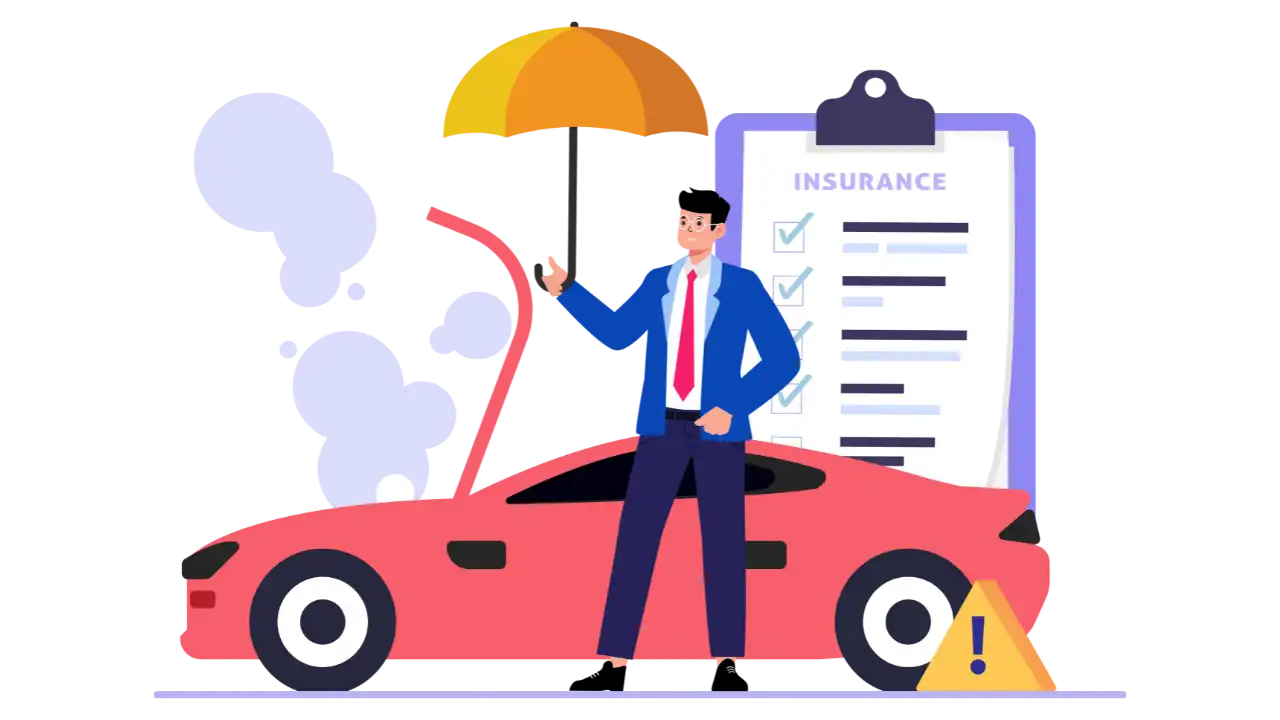
On average, commercial property insurance costs around $67 per month. Many small business owners find it affordable, with 35% paying less than $50 per month for their coverage.
Several factors determine the price of your policy, including:
- Type of Business
- Location
- Property Value
- Safety Measures
- Coverage Limits & Deductibles
- Coverage Options & Exclusions
Why Business Owners Need Commercial Property Insurance?
Owning a business means dealing with unexpected challenges, and commercial property coverage helps protect against costly setbacks. Whether you own or rent a commercial space, this policy is crucial for safeguarding buildings, business property, and valuable equipment.
Landlords often require proof of business renter’s insurance from business tenants to ensure their owned items are protected. Even lenders may mandate business property insurance for the life of the mortgage. If an accident happens on-site, having the right policy can be the difference between a quick financial recovery and a major loss.
Industries That Benefit from Property Insurance
Certain professions particularly benefit from property insurance. Retailers, wholesalers, and manufacturers rely on expensive inventory to keep their businesses running. If a pipe bursts in a grocery store, a commercial property policy can cover the cost of replacing food that must be thrown away.
Likewise, IT and technology businesses need protection for computers, monitors, PCs, and other expensive electronics. If a thief breaks into an office and steals thousands of dollars worth of equipment, this policy ensures minimal disruption.
Construction Companies and Their Insurance Needs
The construction industry faces unique risks, requiring specialized property insurance like contractors’ tools and equipment coverage. This helps protect power tools that move between job sites.
Additionally, a builder’s risk insurance helps cover a structure in progress, ensuring a construction site remains stable even if a fire destroys tools or vandalizes materials. These policies help companies recover financially from losses.
Real Estate Professionals and Property Protection
For real estate professionals, including commercial landlords and property managers, a building insurance policy is essential. This policy covers the actual building, contents, and mechanical and electrical systems.
If you rent out space, requiring tenants to carry insurance can further ensure their belongings are protected. Some landlords also consider purchasing lessor’s risk-only (LRO) insurance to protect against legal fees if an accident occurs.
Protecting Against Common Risks and Losses
Whether you’re a business owner, contractor, or landlord, commercial property insurance offers a safety net against disasters like fire, lightning, wind, hail, water damage, theft, and vandalism.
Even home-based businesses should not overlook this crucial coverage, as homeowner’s insurance typically doesn’t protect lost or damaged business assets. Investing in the right policy ensures you can recover financially and keep operations running smoothly, no matter what comes your way.
What Commercial Property Insurance Doesn’t Cover?
Limited Coverage for Moving Equipment and Goods
While commercial property insurance protects a commercial building and its contents, it does not cover goods in transit or mobile equipment. If your business frequently moves equipment between job sites, you should consider getting inland marine insurance or equipment floater insurance.
These policies help cover tools, valuable equipment, and other items that move from place to place. Even loaned artwork in a business’s temporary care falls under this type of policy.
Customer Property Damage Not Covered
If a customer’s property gets damaged on your premises, your commercial property insurance won’t help. Instead, general liability insurance is needed. This policy helps cover legal costs if someone sues you due to a broken item or an accidental injury caused by your business operations.
Financial Losses from Business Closure
If a disaster forces your business to temporarily shut down, business interruption insurance (also called business income insurance) helps replace financial losses. It can cover lost income, employee wages, and other daily expenses.
Some policies even offer extra expense coverage, which pays for costs beyond regular operating expenses—like renting a temporary location or hiring extra staff after a fire or another unexpected incident.
Theft by Employees
If an employee steals items or money from a client, your business won’t be covered under standard commercial property insurance. Instead, employee dishonesty coverage provides protection. This policy includes fidelity bonds, which safeguard both your business and clients from dishonest employees.
Equipment Breakdown Isn’t Included
A mechanical or electrical failure can bring a business to a halt. However, malfunctioning equipment is not covered under commercial property insurance unless you add equipment breakdown coverage. This endorsement helps cover the cost of repairing or replacing critical business machinery after an unexpected failure.
Loss of Payment Records
If a burst pipe or another disaster destroys important customer payment records, collecting outstanding payments can become difficult. Unfortunately, this is not a covered loss under commercial property insurance unless your policy includes an accounts receivable endorsement. This extra coverage ensures your business remains financially stable even after an unexpected incident.
Two ways to start your coverage

Quotes online
Enter your information through a simple application to get personalized insurance quotes from multiple A-rated companies. Eagle Nation uses an easy system that lets you compare options online and choose the top coverage for your business in minutes.

Talk to an agent
Verified commercial property coverage reviews
Hear from customers like you who purchased insurance.
FAQs about property insurance
Protection Against Specific Risks
Commercial property insurance helps protect a business from damages caused by burglaries, vandalism, fires, and windstorms. However, it does not cover normal wear and tear, natural disasters like hurricanes, or other unexpected risks.
Coverage for Buildings and Business Property
This policy usually covers both the building and business personal property (BPP) stored at that location. If you don’t own or rent a commercial space, you can still get BPP coverage as an endorsement on your general liability policy. This ensures protection for assets stored at your home, storage unit, or any designated location.
Choosing Between Cash Value and Replacement Value
When making a claim, you can choose between actual cash value or replacement value for stolen or damaged items. A cash value policy costs less but only pays the item’s current worth, considering depreciation. This means you might need to pay extra to replace the lost equipment.
On the other hand, opting for a replacement value policy ensures that your business receives a brand-new equivalent for lost items. Though this option has a higher insurance rate, it is often beneficial for businesses that rely on state-of-the-art equipment, such as IT companies and tech businesses.
Natural Disasters and Extreme Weather
Commercial property insurance does not cover property damage from natural disasters like earthquakes, hurricanes, tornadoes, or floods. If your business needs protection from these risks, you may need to add an endorsement to your policy.
Electrical and Mechanical Failures
This insurance also doesn’t cover damage from short circuits, power surges, or loss of pressure. To extend protection against these events, you can include an equipment breakdown endorsement, which helps cover damage caused by electrical failures.
Business Vehicles Are Not Included
If your business owns vehicles, they won’t be covered under commercial property insurance. Instead, you’ll need to get a commercial auto insurance policy to comply with state law and ensure proper protection.
Customizing Coverage with Endorsements
To fill other coverage gaps, you can add endorsements (riders) to your policy. It's always best to check with your insurance provider to make sure your business is fully protected based on your specific needs.
Yes, many businesses combine their property coverage with general liability insurance by opting for a business owner’s policy (BOP). This policy is useful if your landlord requires business renter's insurance or if you need liability coverage to secure a client contract.
A BOP is usually more affordable than purchasing these policies separately, making it a great option for low-risk small businesses.
Flexible Protection with a Commercial Package Policy (CPP)
For businesses that need more customized coverage, a commercial package policy (CPP) is another option. It combines property insurance and liability coverage but offers greater flexibility. A CPP is commonly chosen by high-risk small and medium-sized businesses that need specialized coverage options.
Types of Liability Insurance for Different Risks
Along with commercial property insurance, there are several types of liability insurance that protect against different lawsuits:
- General liability insurance: Covers customer injuries, copyright claims, and defamation lawsuits.
- Professional liability insurance (E&O): Protects against claims related to the quality of work.
- Cyber insurance: Helps cover losses from data breaches and cyberattacks.
- Employment practices liability insurance (EPLI): Provides coverage for employee rights violations.
Getting the Right Insurance Plan
An insurance agent can guide you in finding the best cost-saving insurance bundles suited for your business.
For more details on commercial property insurance, check out the frequently asked questions or consult with an insurance agent to get free small business insurance quotes from leading U.S. insurance companies.

"Commercial property insurance gave me peace of mind. When a water leak damaged my store’s inventory, the claim process was smooth, and I got the financial support I needed to recover quickly. Highly recommend!"